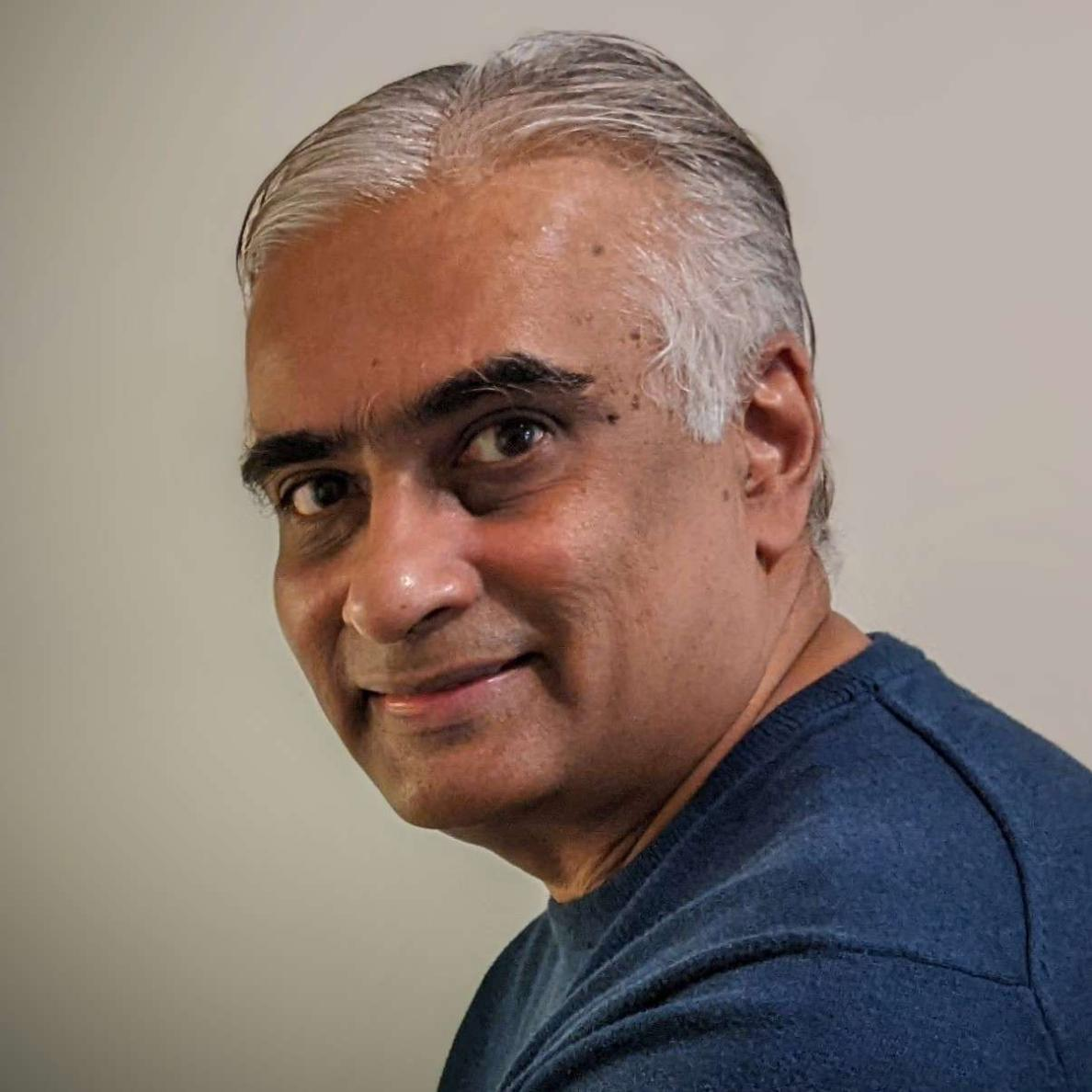About
The progress of AI in other fields has had huge leaps, applications of AI in medicine have had minimal impact so far and translation to real-world applications is challenging. To address these challenges, we believe a novel, open, and decentralized approach to medical AI research is needed.
To this end, we have established Medical AI Research Center (MedARC) to develop foundation models for medicine and build interdisciplinary teams to address clinical needs. Our open approach includes sharing models and datasets, publishing results, and building a public community for contributions
Meet Our Team
-

Tanishq Mathew Abraham
CHIEF EXECUTIVE OFFICER
Dr. Tanishq Mathew Abraham is the founder and CEO of MedARC. He recently graduated at 19 years old with a Ph.D. in Biomedical Engineering from the University of California, Davis. For the past 4 years, Tanishq was under the supervision of Dr. Richard Levenson at the UC Davis Department of Pathology and Laboratory Medicine. He was researching the application of deep learning (especially generative AI) to novel microscopy techniques for digital pathology. He has presented his work at several conferences (SPIE Photonics West, ICML workshop, NeurIPS, BMES, etc.), published a book chapter, established various collaborations with labs around the world, and more. He has contributed to many open-source projects, including being on the founding team for DALL-E mini, being a frequent contributor to the fastai library, and lead developer of the UPIT library. He is also involved in various teaching initiatives, being a teaching assistant for Part 1 of the fast.ai course, and an instructor for the ongoing Part 2 of the fast.ai course.
-

Griffin Adams
HEAD OF CLINICAL NLP
Dr. Griffin Adams is an LLM researcher with experience training models at scale on real-world datasets. Currently, he’s the head of Clinical NLP at Stability AI and leading efforts to responsibly build open-source large language models for clinical and biomedical applications. In particular, He is focused on efficient training by careful construction of real and synthetic data. He has a PhD in Computer Science at Columbia University advised by Noémie Elhadad, a Masters in NLP (2017) from the Language Technologies Institute (LTI) at Carnegie Mellon, advised by Eric Nyberg, and a Bachelor’s degree in Economics from Dartmouth (2014). Previously, He has held positions at Microsoft Research, Amazon Web Services, OpenEvidence, Flatiron Health, Deutsche Bank, and IBM Watson.
-

Paul Scotti
HEAD OF NEUROIMAGING+AI
Dr. Paul Scotti works at Stability AI to lead MedARC's neuroimaging + AI projects, including the creation of a neuroimaging foundation model and the development of real-time brain-to-image pipelines. Paul previously held a postdoctoral research associate position at the Princeton Neuroscience Institute in the Computational Memory Lab of Dr. Ken Norman. His doctorate degree was awarded by The Ohio State University where his dissertation titled “Using Computational Models to Observe Visual Memory Distortions and Reconstruct Content from the Brain” discussed novel methodological improvements for reconstructing mental representations from neuroimaging data and explored how memories become systematically distorted due to other interfering memories. Paul has hands-on experience collecting and analyzing neuroimaging and behavioral data using computational models. Paul has a strong interest in open research and educational neuroscience. Paul led the creation of EduCortex, a browser-based tool to visualize the functional specialization of the brain, created OnNeuro, a repository of neuroimaging talks from The Ohio State University, and maintains various open-source GitHub projects including RT-Cloud, a software package that helps users build and deploy real-time fMRI experiments with support for cloud computing and brain imaging standardization.
-

Jeremy Howard
PRESIDENT
Jeremy Howard is a data scientist, researcher, developer, educator, and entrepreneur. Jeremy is the founding CEO of Answer.AI, a new kind of AI R&D lab which creates practical end-user products based on foundational research breakthroughs. He is also the co-founder of fast.ai, a research institute dedicated to making deep learning more accessible, and is an honorary professor at the University of Queensland. Previously, Jeremy was a Distinguished Research Scientist at the University of San Francisco, where he was the founding chair of the Wicklow Artifical Intelligence in Medical Research Initiative.
Jeremy was the founding CEO of Enlitic, which was the first company to apply deep learning to medicine, and was selected as one of the world’s top 50 smartest companies by MIT Tech Review two years running. He was the President and Chief Scientist of the data science platform Kaggle, where he was the top ranked participant in international machine learning competitions 2 years running.
Jeremy was the founding CEO of two successful Australian startups (FastMail, and Optimal Decisions Group–purchased by Lexis-Nexis). Before that, he spent 8 years in management consulting, at McKinsey & Co, and AT Kearney. Jeremy has invested in, mentored, and advised many startups, and contributed to many open source projects.
-

Bijou Abraham
CHIEF EXECUTIVE ADVISOR
Bijou Abraham comes to the organization with over 35 years of software and management experience. He is the chief software engineer at Technip FMC, previously known as Schilling Robotics. During his long career there, he has successfully led many projects coding for robotic arms and underwater ROVs. Earlier to his time at Schilling Robotics, he worked for General Electric and General Dynamics.
Our Partners
While MedARC is an independent research organization, We are grateful for their support in pursuing our open approach to medical AI research through the help of our partners.
Stability AI serves as our leading partner. Stability AI is excited to support open-source AI research that aligns with its mission of AI for the people, by the people. Stability AI provides compute resources, funding, and relevant expertise to help our researchers.
We have established a collaboration with several labs at Princeton University to build a system whereby, after a single brain-imaging session, new patients would be able to view or imagine stimuli and have the stimuli be visually reconstructed onscreen from their brain activity in the timespan of a few seconds for their inspection. This collaboration affords us invaluable guidance from experts in the field and provide us access to neuroimaging facilities, including MRI/MEG/EEG machines and private ECoG datasets.
Answer.AI is a new kind of AI R&D lab which creates practical end-user products based on foundational research breakthroughs. Answer.AI will provide its expertise in making deep learning faster, cheaper, and more accessible, which is crucial for medical applications.



